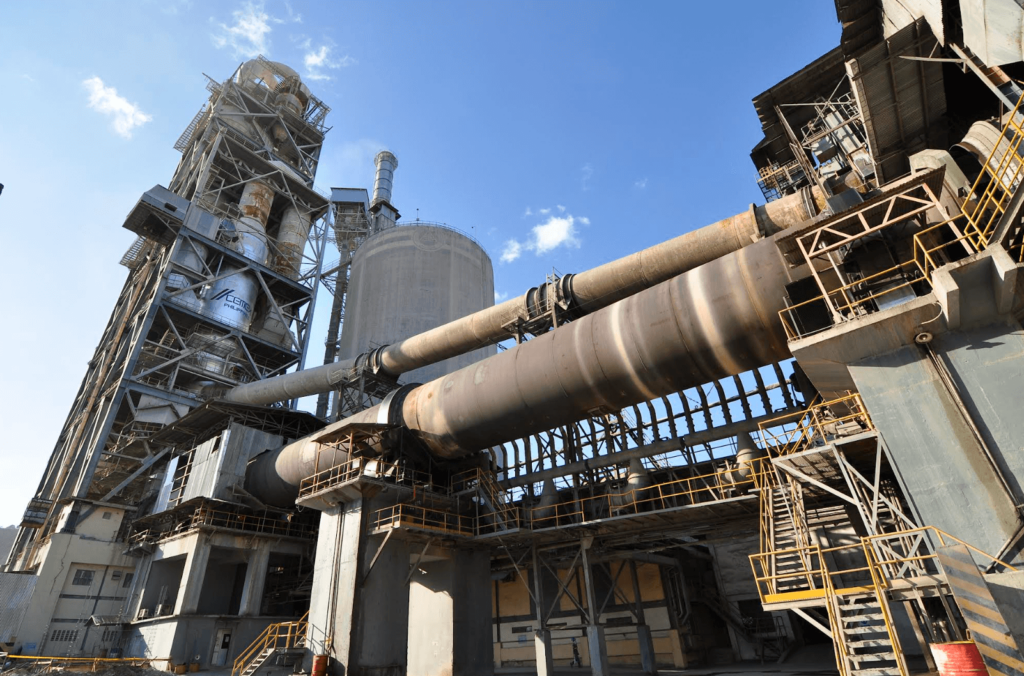The Department of Trade and Industry’s (DTI) probe into the rising influx of imported cement is a move seen as essential for strengthening the struggling local cement industry that has faced increasing competition from imports.
Local manufacturers have reported significant challenges due to the surge in cement importation, which has created an uneven playing field. In 2023 alone, the local sector suffered losses amounting to ₱15 billion.

Roberto Martin Javier, Cemex Philippines Vice President for Commercial, expressed strong support for the DTI’s actions. “We wholeheartedly endorse DTI’s decisive measures to investigate these imports. Safeguard policies will enable us to cultivate a more robust local cement industry, ensuring that high-quality, locally produced materials meet the country’s infrastructure demands.”
“We are nearing the completion of our new cement line in Rizal, which will expand Solid Cement’s annual production capacity from 1.5 million tons to 3.4 million tons. With a total investment estimated at around USD 350 million, this project underscores our commitment to competitively meet the nation’s infrastructure demands and support economic growth,” Javier added.
Cemex Philippines, in collaboration with local manufacturers, stands firmly behind policies that foster fair competition and long-term sustainability within the industry. Cemex Philippines has also pledged vigilance against violations of industry standards and unfair trade practices. “We believe proactive cooperation between industry stakeholders and the government is crucial for protecting the interests of local businesses and reinforcing national economic resilience,” Javier concluded.
Industry members welcome the DTI’s investigation as a vital step. “By supporting local production through these safeguard measures and the recently passed Tatak Pinoy Act, the government plays a crucial role in stabilizing employment, bolstering local industries, and maintaining essential construction standards,” stated the Cement Manufacturers Association of the Philippines (CeMAP).
The influx of imported cement raises economic concerns and potential risks related to product quality and environmental impacts. Unlike locally produced cement, imported variants may not consistently meet the stringent standards set by Philippine regulations, posing risks to the safety and durability of critical infrastructure projects.
ADVT.
This article is brought to you by Cemex Philippines.


